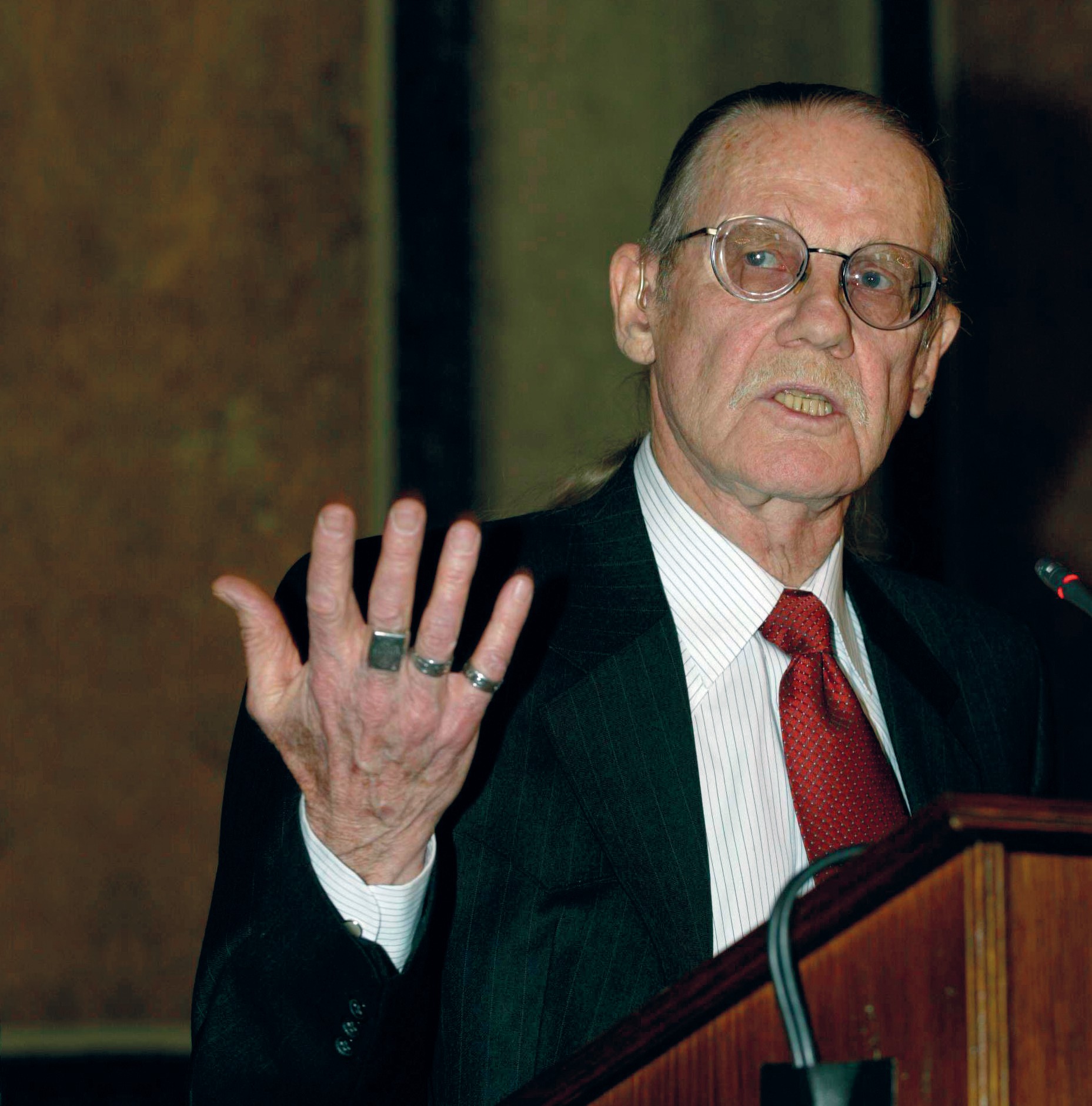
Economics is a study with a long history but until recently experimentation had no place in it. The economists’ data came from looking around to see how people behaved or from looking inside and asking themselves ‘what would I do?’ in a particular situation. By contrast, psychologists have been putting people into artificial situations and observing their behaviour since the late nineteenth century.
Formal notice that economics had changed came in 2002 when the Nobel prize was awarded jointly to the Israeli psychologist Daniel Kahneman and the American economist Vernon Smith — Kahneman for ‘having integrated insights from psychological research into economic science, especially concerning human judgment and decision-making under uncertainty’, and Smith for ‘having established laboratory experiments as a tool in empirical economic analysis, especially in the study of alternative market mechanisms’. From their work on individual decision-making and on market interactions came a major change in the way that economic research is carried out.
Your organisation does not have access to this article.
Sign up today to give your students the edge they need to achieve their best grades with subject expertise
Subscribe




